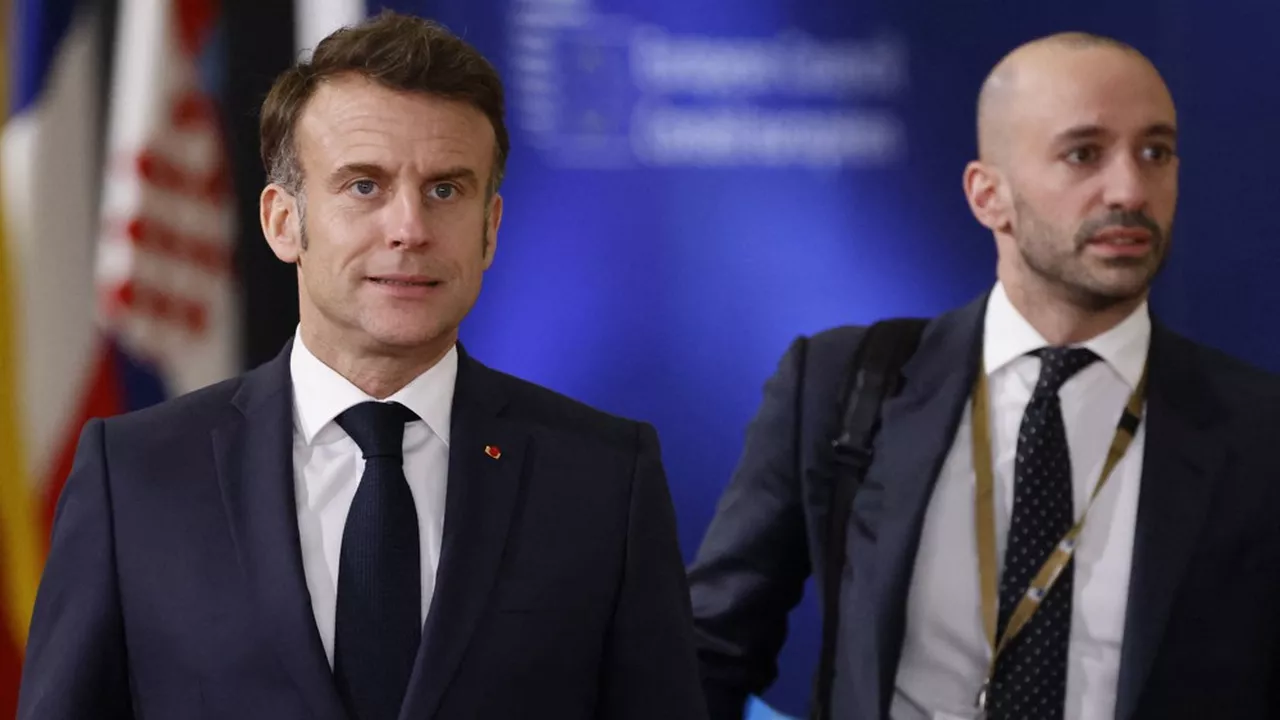Trump Nominates Controversial 'Alpha Male' Influencer as Ambassador to Malaysia, Sparking Global Backlash
Former President Donald Trump’s nomination of a self-styled 'alpha male' social media influencer to serve as U.S. ambassador to Malaysia has drawn swift backlash from diplomats, human rights activists, and foreign policy experts, raising questions about qualifications and America’s global credibility.
In a move that has stunned foreign policy observers and triggered bipartisan concern, former U. S. President Donald Trump has announced the nomination of a controversial internet personality—widely known for promoting 'alpha male' ideology—as the next U.
S. Ambassador to Malaysia. The nominee, whose real name is Julian Mercer but is better known by his online persona 'J-Rex Alpha,' has amassed millions of followers on YouTube, TikTok, and Instagram by promoting hypermasculine lifestyle content, often mixed with conspiracy theories, anti-feminist rhetoric, and combative political views.
His surprise elevation to a prestigious diplomatic post is being widely criticized as a politicized and provocative gesture, especially in a region where diplomatic sensitivity and cultural nuance are essential. An Unorthodox Pick for a Key Diplomatic RoleMercer, 39, has no formal diplomatic experience and limited knowledge of Southeast Asian geopolitics. According to his personal website, he is a former fitness coach and motivational speaker who pivoted to online content creation during the pandemic.
His brand centers on the idea of 'taking back masculine leadership,' with frequent references to strength, dominance, and rejection of what he calls 'woke weakness. 'Despite his controversial content, Mercer has been a vocal supporter of Trump since 2016 and reportedly served as an informal online surrogate for Trump’s 2020 and 2024 campaigns. The former president praised Mercer as a 'strong American voice' who 'understands what it means to lead and win.
'“Julian Mercer has inspired millions of young men to be proud of who they are and to fight for America’s greatness,” Trump said during a press event at Mar-a-Lago. “He’ll bring that same strength and clarity to our foreign policy in Southeast Asia. ”Backlash from Diplomats and Policy ExpertsThe announcement was met with immediate concern from across the political and diplomatic spectrum.
Former State Department officials described the nomination as 'reckless' and 'damaging to American credibility abroad. '“Being a YouTuber with strong opinions is not the same as navigating complex trade negotiations or managing bilateral tensions,” said Anne Richards, a former U. S.
Ambassador to Indonesia. “This sends a signal that our foreign policy is now a performance rather than a profession. ”Retired diplomats also raised concerns about Mercer’s previous comments on Islam, gender roles, and multiculturalism—topics that could prove deeply problematic in Muslim-majority Malaysia.
In one 2022 livestream, Mercer referred to certain Southeast Asian political systems as 'beta male bureaucracies,' remarks that critics say reflect a profound misunderstanding of regional governance. Capitol Hill Reacts: Condemnation and ConfusionOn Capitol Hill, the nomination has sparked a rare moment of bipartisan skepticism. While Trump loyalists in the GOP defended the pick as a shake-up of 'elitist diplomacy,' several Republican senators expressed private reservations.
Democrats were far more vocal. “This is absurd,” said Sen. Chris Murphy (D-CT), a member of the Senate Foreign Relations Committee.
“Ambassadors represent the best of American values. This nominee represents a toxic brand of internet machismo that is entirely incompatible with diplomatic service. ”Sen.
Mitt Romney (R-UT) added, “Our allies in the region deserve serious partners—not social media influencers seeking validation and followers. ”Malaysia Responds with CautionIn Kuala Lumpur, the nomination has been met with confusion and quiet alarm. The Malaysian Foreign Ministry issued a carefully worded statement acknowledging the announcement and reiterating its commitment to “strong bilateral relations with the United States, based on mutual respect and shared interests.
”Unofficially, several Malaysian lawmakers and civil society leaders expressed concern about the potential fallout from such an unorthodox appointment. “Malaysia values professionalism in diplomacy,” said Professor Suriya Hanim of Universiti Malaya. “Sending a polarizing media figure here risks turning diplomacy into spectacle.
It could do real harm to regional cooperation. ”A Pattern of Unorthodox AppointmentsTrump’s nomination of Mercer fits a broader pattern of placing loyalists and celebrities into high-profile roles. During his first term, he appointed former Fox News contributor Richard Grenell as Ambassador to Germany and hotel magnate Gordon Sondland as Ambassador to the EU—both of whom sparked controversy for blunt communication styles and political entanglements.
Critics argue that the Mercer nomination reflects Trump’s continued prioritization of loyalty and publicity over qualifications. Supporters say it’s a sign of disruption and rethinking a diplomatic corps they see as out of touch. “Trump is dismantling the globalist establishment one post at a time,” said far-right commentator Madison Crowe.
“This is about sending warriors, not bureaucrats, into the world. ”Confirmation Fight LoomsThe nomination will now head to the Senate for confirmation—a process that is expected to be contentious. Several senators have already indicated they plan to question Mercer rigorously on his past remarks, understanding of Malaysia’s political system, and readiness to manage sensitive diplomatic issues like human rights, religious freedom, and China’s regional influence.
“I want to know if this nominee can even name Malaysia’s prime minister or explain the region’s key trade agreements,” said Sen. Tim Kaine (D-VA). “This is not a podcast.
It’s diplomacy. ”Civil rights groups are also preparing opposition campaigns. The Southern Poverty Law Center and Media Matters for America have compiled a dossier of Mercer’s past videos, highlighting moments where he mocked gender-neutral pronouns, disparaged feminist leaders, and promoted disinformation about foreign aid.
The Broader Implications: American Soft Power at Risk?Beyond the nomination itself, experts warn that moves like this risk further eroding America’s global reputation and soft power. “Diplomacy isn’t just about policy—it’s about relationships, trust, and values,” said former National Security Advisor Tom Donilon. “When we send unqualified ambassadors, we tell the world we don’t take those relationships seriously.
”Some fear that authoritarian regimes may exploit Mercer’s nomination to frame the U. S. as unserious or hypocritical, particularly in countries where state media eagerly amplify Western missteps.
Mercer Responds: 'I'm Not a Suit, I'm a Solution'Julian Mercer, meanwhile, has embraced the controversy. In a livestreamed video following the announcement, he declared: “I’m not a Harvard elitist. I’m not a career diplomat.
I’m a real American with backbone, and that’s exactly what our embassies need. ”He also hinted at plans to 'modernize diplomacy' by increasing social media engagement, holding livestream Q&As with embassy staff, and offering 'real talk' on trade, culture, and security. “People don’t want fake smiles and stale speeches.
They want authenticity. And that’s what I bring,” he said. Conclusion: Disruption or Diplomatic Disaster?The nomination of Julian Mercer—aka 'J-Rex Alpha'—to serve as U.
S. Ambassador to Malaysia is being hailed by some as a bold shake-up of diplomatic tradition, and condemned by others as a reckless, unserious affront to international norms. As the Senate prepares for what could be one of the most unusual confirmation hearings in recent memory, the world is watching to see whether political branding has finally eclipsed competence in the arena of global diplomacy.
Whether Mercer is confirmed or not, the nomination alone has already raised important—and uncomfortable—questions about the future of U. S. foreign relations in the Trump era.
20th july 2025



